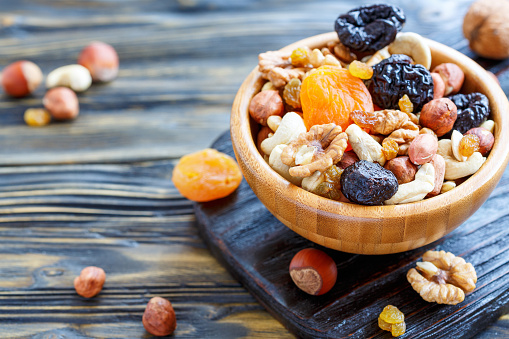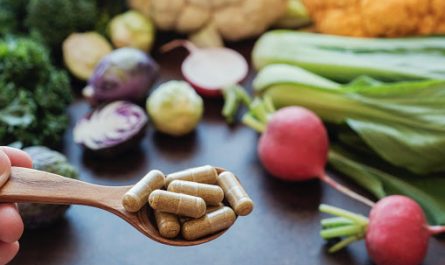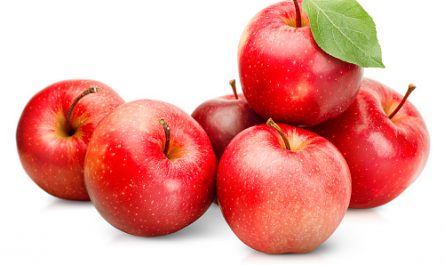Advantages of Dry Fruits
Dry fruits are a convenient and nutritious snack option that can offer several potential health benefits. Here are some of the potential advantages of consuming dry fruits:
- High in nutrients: Dry fruits are a good source of various nutrients, including vitamins, minerals, and fiber. For example, dates are high in potassium, apricots are a good source of vitamin A, and raisins are rich in iron.
- Convenient snack option: Dry fruits are easy to pack and take with you, making them a convenient snack option when you’re on the go.
- May help with weight management: Dry fruits are generally lower in calories than their fresh counterparts and can help to satisfy hunger without providing too many extra calories. However, it’s important to keep in mind that they are still high in calories and should be consumed in moderation as part of a healthy diet.
- May improve heart health: Some dry fruits, such as almonds and walnuts, are high in heart-healthy monounsaturated fats and can help to lower cholesterol levels.
- May have antioxidant properties: Some dry fruits, such as raisins and prunes, are high in antioxidants, which can help to protect the body from oxidative stress and potentially reduce the risk of certain chronic diseases. Overall, dry fruits can be a nutritious and convenient snack option that may offer several potential health benefits. However, it’s important to remember to consume them in moderation as part of a healthy, balanced diet.
- Uses of Some Dry Fruits There are many different types of dry fruits, each with its unique flavor and nutritional profile. Some common types of dry fruits include:
- Almonds: These nuts are high in healthy fats, protein, and fiber, as well as vitamins and minerals such as vitamin E, magnesium, and potassium.
- Walnuts: Like almonds, walnuts are high in healthy fats and protein and are also a good source of antioxidants.
- Pistachios: These nuts are high in protein, fiber, and various vitamins and minerals, including vitamin B6, potassium, and copper.
- Cashews: Cashews are high in healthy fats, protein, and various vitamins and minerals, including copper, zinc, and magnesium. Raisins: Raisins are made from dried grapes and are high in fiber, iron, and antioxidants.
- Dates: Dates are high in potassium, fiber, and various vitamins and minerals. They are also a good source of natural sugars, making them a sweet snack option.
- Figs: Figs are high in fiber and various vitamins and minerals, including calcium, iron, and potassium. Prunes: Prunes are high in fiber and antioxidants and are also a good source of vitamin K.
- Apricots: Dried apricots are high in vitamin A and fiber and are also a good source of potassium.
1: Uses of Almond
Almond is a nutritious and tasty dry fruit that can be used in a variety of ways. Here are some ideas for incorporating almonds into your diet:
- As a snack: Almonds can be eaten as a snack on their own or paired with other dry fruits such as raisins or dates.
- In recipes: Almonds can be used in a variety of recipes, such as salads, granola, energy bars, and baked goods. They can also be ground and used as a natural thickener for sauces and soups.
- Almond butter: Almond butter is a tasty and nutritious spread that can be used in place of peanut butter. It can be spread on toast, added to smoothies, or used as a dip for fruit. Almond milk: Almond milk is a plant-based milk alternative that is made by grinding almonds and blending them with water. It can be used in place of cow’s milk in a variety of recipes, such as smoothies, oatmeal, and baked goods.
2: Uses of Apricots
- Apricots are a delicious and nutritious dry fruit that can be used in a variety of ways. Here are some of the uses of apricots:
- As a snack: Dried apricots can be eaten as a snack on their own or paired with other dry fruits such as raisins or dates.
- In recipes: Apricots can be used in a variety of recipes, such as energy bars, granola, and baked goods. They can also be chopped and added to salads or yogurt for a tasty and nutritious boost.
- As a natural sweetener: Apricots can be used as a natural sweetener in place of sugar in recipes such as baked goods and energy bars.
- As a natural remedy: Apricots are high in fiber and are a good source of potassium, making them a healthy choice for maintaining regular bowel movements and supporting heart health.
3: Uses of Pistachios
Pistachios are a tritious and tasty dry fruit that can be used in a variety of ways. Here are some ideas for incorporating pistachios into your diet:
- As a snack: Pistachios can be eaten as a snack on their own or paired with other dry fruits such as raisins or dates. In recipes: Pistachios can be used in a variety of recipes, such as salads, granola, energy bars, and baked goods. They can also be ground and used as a natural thickener for sauces and soups.
- Pistachio butter: Pistachio butter is a tasty and nutritious spread that can be used in place of peanut butter. It can be spread on toast, added to smoothies, or used as a dip for fruit. In savory dishes: Pistachios can be used to add flavor and crunch to savory dishes such as curries, pasta dishes, and roasted vegetables.



